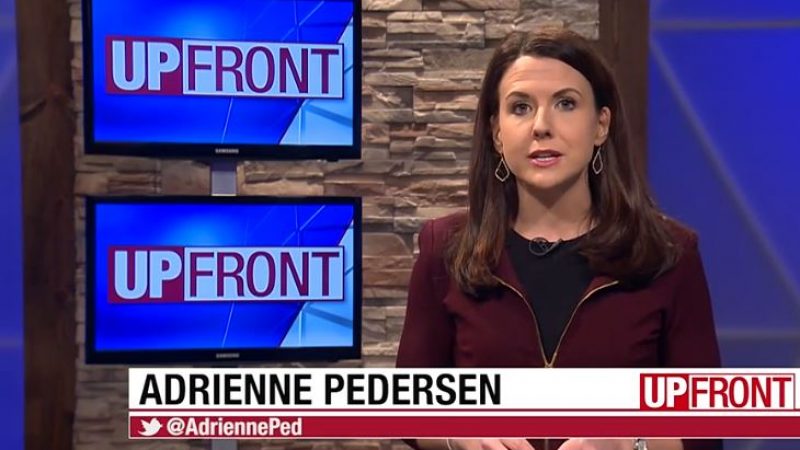A criminal defense attorney said the Kyle Rittenhouse case does not set much precedent in Wisconsin self-defense law, but it is likely to have a greater “societal impact.”
Milwaukee attorney Craig Mastantuono spoke to “UpFront,” produced in partnership with WisPolitics.com, after a Kenosha jury on Friday acquitted Rittenhouse in the fatal shootings of two men during the protests and riots that rocked Kenosha after the police shooting of a Black man last year.
Mastantuono said the high-profile case will continue to have people talking about the questions it raised, especially around self-defense.
“In terms of people wondering whether self-defense is afforded fairly as a privilege across the board to all segments of our society, (that) is going to be something that people are going to continue to have debates about and use this trial, use this case, as a teaching point at best, and as a point of contention at worst, probably,” Mastantuono said.
>> WisPolitics is now on the State Affairs network. Get custom keyword notifications, bill tracking and all WisPolitics content. Get the app or access via desktop.
He also said he thought civil litigation coming out of the Rittenhouse case is unlikely.
“That acquittal, I think, is a strong statement and you’re going to have to get an attorney to carry that litigation forward. Having said that, it’s possible somebody will pick that up and try to meet the burden with a lower burden of proof,” he said.
In another segment, an expert on the mental health of Black men and boys said it’s possible the Rittenhouse case, and other big trials that followed the deaths of George Floyd in Minnesota and Ahmaud Arbery in Georgia, can cause post-traumatic stress responses in the Black community.
Alvin Thomas, an assistant professor in the Department of Human Development and Family Studies at the School of Human Ecology at UW-Madison, pointed out that the Rittenhouse case stemmed from protests and demonstrations involving the Black Lives Matter movement.
“This was less an issue about black or white and more an issue around humanity,” he said.
In cases like these, Thomas said, there is a high risk for people feeling angry, sad, depressed, and to have flashbacks, nightmares or physical stress responses.
“These incidents and the fallout are not uncommon to people of color,” Thomas said. “This has been happening for a long period of time. It just means that there is a resurgence of some of those same feelings whenever we have a new trial or a new activity or a new incident like this one.”
Also on the program, an advocate for Second Amendment rights said the Rittenhouse case showed what the law allows in the defense of property and self.
“You can use force to protect property, you just can’t use deadly force to protect property. But when people are protecting their property and they are attacked, then it’s not using force to defend property, it’s using force to defend themselves,” said Nik Clark, president of Wisconsin Carry.
Even though Rittenhouse, who is from Illinois, was not defending his own property in Kenosha, Clark said the law allows you to defend someone else’s property.
Clark said he was not surprised that Rittenhouse was acquitted, just that the jury took three days to reach the verdict.
See the program here.



